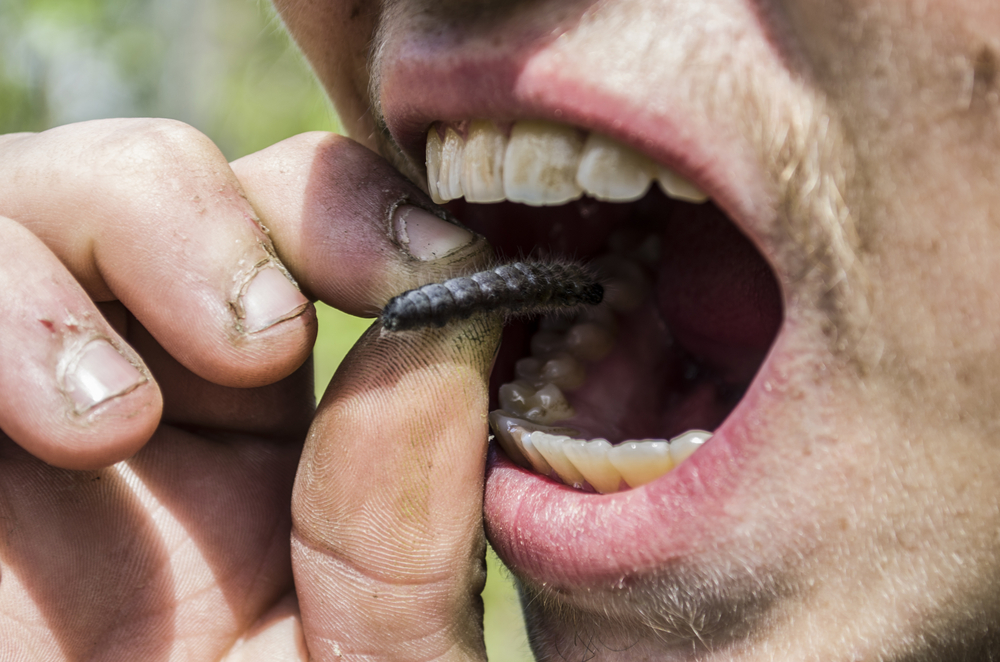Last Updated on January 29, 2023 by admin_hunter
When things go awry, it’s important to have a plan. And while many people focus on guns and ammo, they often forget about their own food supply. That’s why I recommend having a three-day survival food kit that includes items such as canned goods and dry goods like rice, beans and pasta. These are the best reasons to have survival food kits.
When SHTF you need to have a plan
A survival food kit is essential in any emergency situation because it gives you the ability to be self-sufficient as long as there is enough time before winter sets in and the temperature drops significantly.
A survival kit can help you survive if an earthquake hits your area or if there’s a nuclear attack on the United States. It also helps during power outages by providing food sources that won’t spoil due to lack of electricity or running water.
A good way to build up some resilience against these kinds of situations is by having several different types of food stored away for when things go wrong—and then being able to eat them when they do!
What is a Survival Food Kit?
There are many types of survival food kits. Some are designed to be prepped in advance, while others can be used right away. There are also emergency survival kits and bug out bag (BOB) food kits that you should have on hand if the worst-case scenario happens, so it’s important to know what kind of kit you need for your situation.
Examples include:
Food preparation kits: These contain everything needed for preparing simple meals, such as dehydrated entrées or freeze-dried desserts. The contents can be stored in an airtight container until needed—or even longer if necessary! Some examples include Mountain House freeze dried meals; Backpacker’s Pantry dehydrated entrees; Wise Company freeze dried entrees and desserts; Emergency Essentials dehydrated entrees and desserts and Mountain Survival dehydrated meals. Emergency food kits: These contain non-perishable foods that can be eaten immediately if needed. They often come with a variety of different foods, such as crackers, granola bars and dried fruit; however, they don’t include any cooking utensils or supplies for making hot food. Examples include Ready American emergency food kits; LifeStraw Personal Water Filter
When you put together your own kit, start with a three-day supply
To start with a three-day supply, you’ll need to include:
Food. This can be packed into an aluminum foil pan or other container that keeps the food fresh and safe from moisture.
Water in a container (such as a plastic baggie) with at least one cup of water per person per day.
Once you’ve put together your kit, keep it stored in an accessible spot—but out of sight from prying eyes!
If you’re using it for a real emergency, keep in mind that your kit may run out of food and water before help arrives. So if possible, make sure to include extra supplies (such as granola bars or trail mix) so that you can replace what’s used.
Pick foods that are lightweight and easy to carry
One of the most important things to consider when choosing foods is their weight. The lighter your food, the easier it will be to carry around and store in a backpack or bug-out bag.
For example, if you’re really concerned about carrying heavy items around all day long, then consider buying freeze-dried meat instead of canned or boxed food. Although many survivalists recommend buying freeze-dried meats for their convenience and ease of use (such as adding water), we recommend against eating them because they’re often processed with heavy metals such as lead or mercury which can be harmful if consumed over an extended period of time (some studies actually show that these meats contain more toxins than fresh produce).
The other reason we don’t recommend freeze-dried meats is because they’re expensive and difficult to find. If you’re stocking up on food for long-term survival or preparedness, then it makes sense to buy in bulk, which means buying canned goods or boxed foods instead of freeze-dried ones. In addition, we also recommend eating fresh fruits and vegetables over canned ones because the latter have been sitting on store shelves for months before being purchased.
A kit is also important because it can help you prepare for an emergency in the future
A survival kit is also important because it can help you prepare for an emergency in the future. If you are planning on going on a trip or vacation that involves camping, for example, having a few snacks and drinks in your kit will make it easier to get through any unforeseen situations that may arise while away from home. It’s also nice to have some extra food around at work so that if there are any emergencies at work (or if someone gets sick), then you have something ready-to-eat on hand so they don’t have to go hungry while they’re waiting on word from management about what’s going on and how long their shift will be extended until further notice.
If you’re the type of person who likes to be prepared for anything, then a survival kit is a great idea. It’s also good to have around in case of emergencies, like if you get lost in the woods or your car breaks down on the highway. Having snacks and water with you can give you some energy while waiting for help to arrive.
You will be prepared for an emergency and have food you can eat. You’ll also be able to enjoy your food after the emergency, no matter what happens.
Conclusion
The most important thing to remember is that, no matter what type of survival kit you decide on, it should be something that will give you a chance at survival in the event of an emergency. This means having enough food and water for three days, as well as items such as first aid kits, flashlights, radios and more. If an emergency were to happen tomorrow morning then by following our tips above then hopefully we can all make it through safely!

